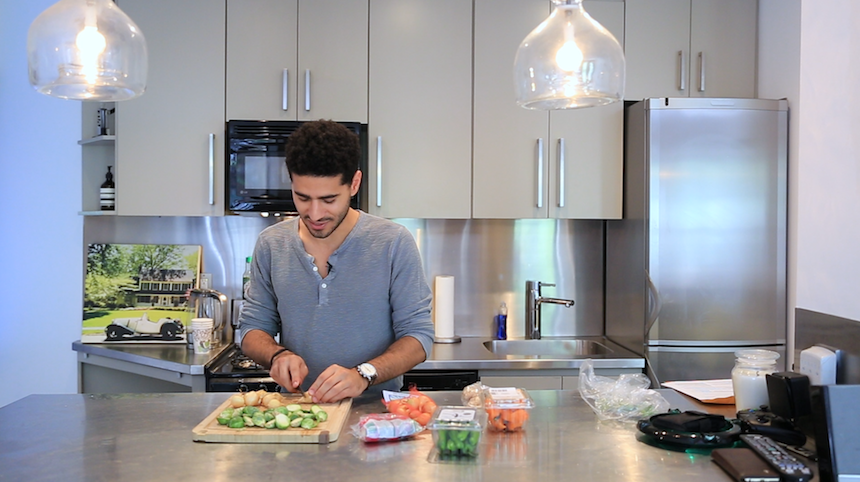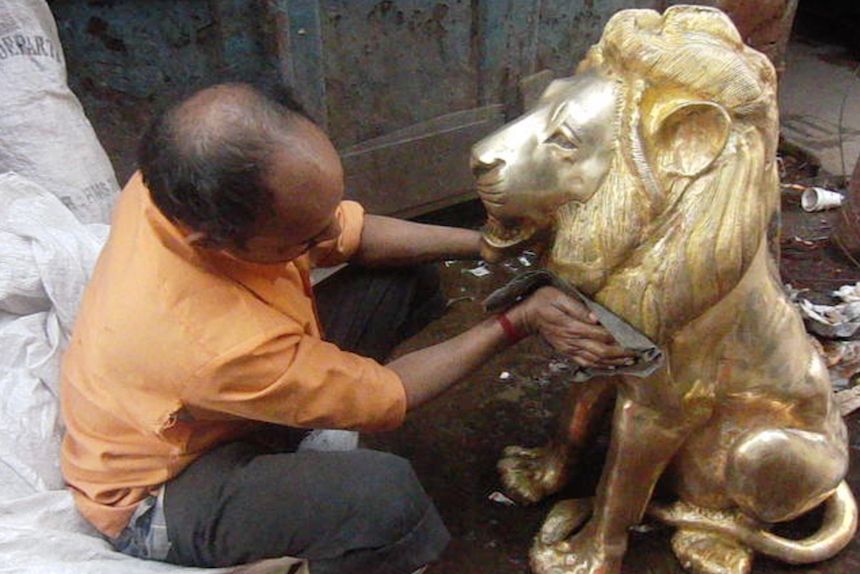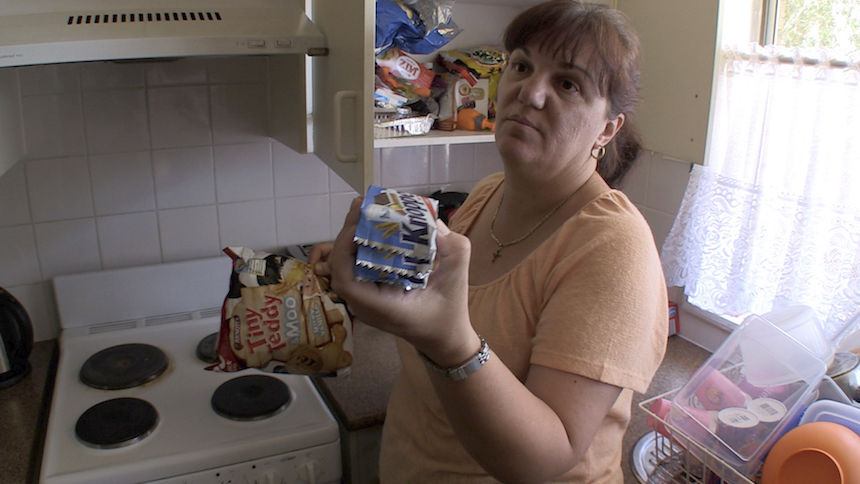The film session at EPIC explores the many creative ways ethnographic practitioners have used moving images to interpret data, share insights, and tell the stories of their work. Filmmakers showcase these forays in visual storytelling by screening examples and discussing the limits and possibilities of the form. Films were selected through blind review by our independent program committee.
Wednesday, 10 October, 3:15–4:30
Curators: Jay Hasbrouck, Filament & Monica Frota, Pontifical Catholic University of Rio de Janeiro

Helping People Heal
by Rebbekah Park, ReD Associates & Emily Preston, Idea Couture
A documentary-style short film exploring how people in the United States heal themselves once they leave the doctor’s office. This film is based on in-depth field research and illustrates how healing depends on the alignment between what doctors expect from patients, and what people actually do in their everyday lives. Exploring and entering the lives of three individuals, Helping People Heal reveals the ways that people put their recommended treatments into practice—and why these personalized applications achieve better health outcomes beyond simply doing what the doctor ordered. About the Filmmakers
Rebekah Park is an applied medical anthropologist and a manager at ReD Associates, where she specializes in health and healthcare. Previously, Rebekah was a professor of anthropology at Marlboro College in Vermont. She holds a PhD in socio-cultural anthropology from the University of California, Los Angeles and is currently serving as an At-Large Board Member for the Association for Political and Legal Anthropology (APLA). She previously served on the Committee for Human Rights for the American Anthropological Association. Her book The Reappeared: Argentine Former Political Prisoners was published by Rutgers University Press in 2014.

Seeing Double
by Karl Mendonca, Amazon Music
Dekho, Purani Dilli (Seeing Double) is an essayistic film that illustrates the experiential and contextual nature of ethnography, while reflecting on cultural predispositions that often frame ways of seeing and knowing. The film was produced as part of a design conference in Delhi, where conversations centered on ‘modernizing’ traditional modes of production, distribution and the object itself. My goal was to question a peculiar narrative of modernity and development that positioned design and digital technology as an answer to longstanding social, cultural and political relations. Working in the tradition of structuralist film making, the film is composed as a series of encounters in Old Delhi, where object and people play the role of interlocutors that prompt a turn to history and a deeper engagement with place. As an evidentiary form, the film is an inversion of the typical ‘deliverable’ serving as a critique of accelerated design culture and a meditation on the critical lens ethnography can provide. About the Filmmaker

Tracey’s Struggle
by Shelley O’Neil & Charlie Cochrane, Jump the Fence
Despite the ‘foodie’ reputation perpetuated by reality TV, cooking shows, and food blogs, many Australians struggle with eating healthy food. MasterFoods brand has been a household name in Australian supermarket groceries for 70 years and have a 2020 brand ambition to help all Australians enjoy the rewards that good food can bring. So they asked Jump the Fence to conduct an ethnographic study to understand people with challenges around physical access, time, money, and skill with food. Tracey from Southwest Sydney is one of five people the study focused on. Tracey’s welcoming generosity and honesty are profound and reveal the complex layers of psychological, cultural and situational barriers she has to eating well. About the Filmmakers